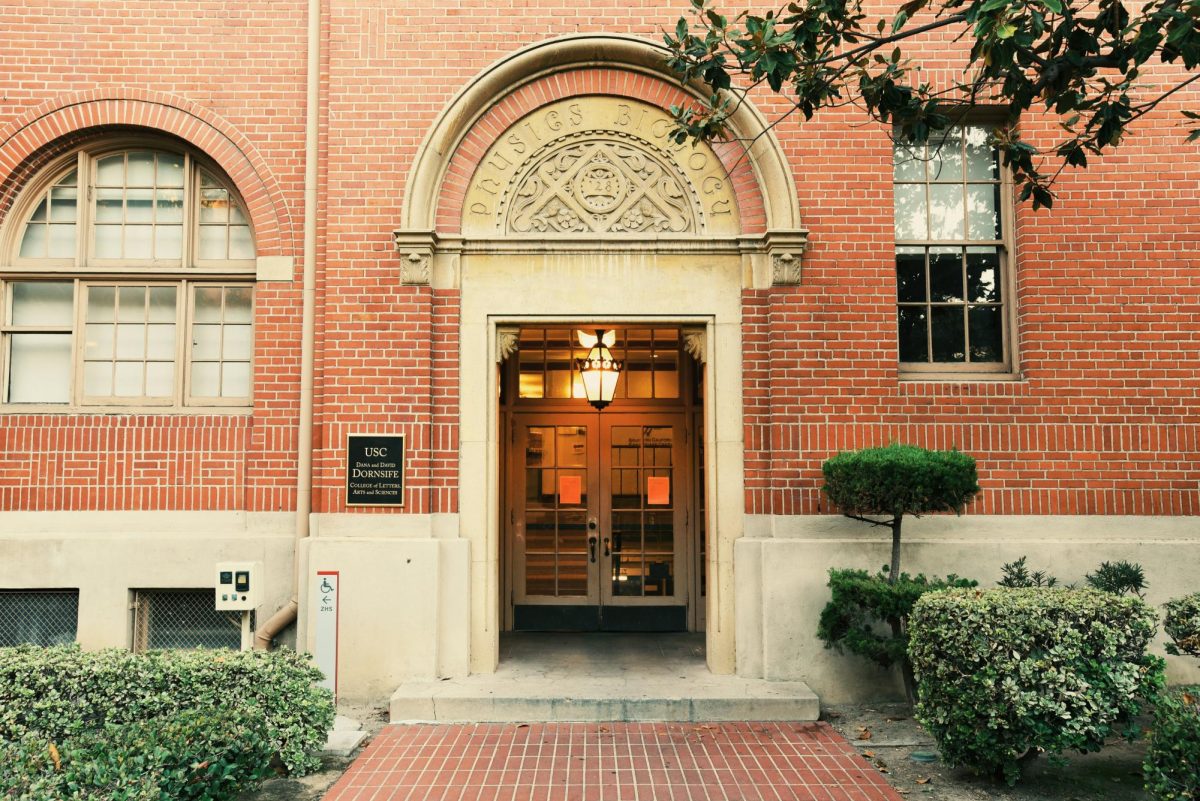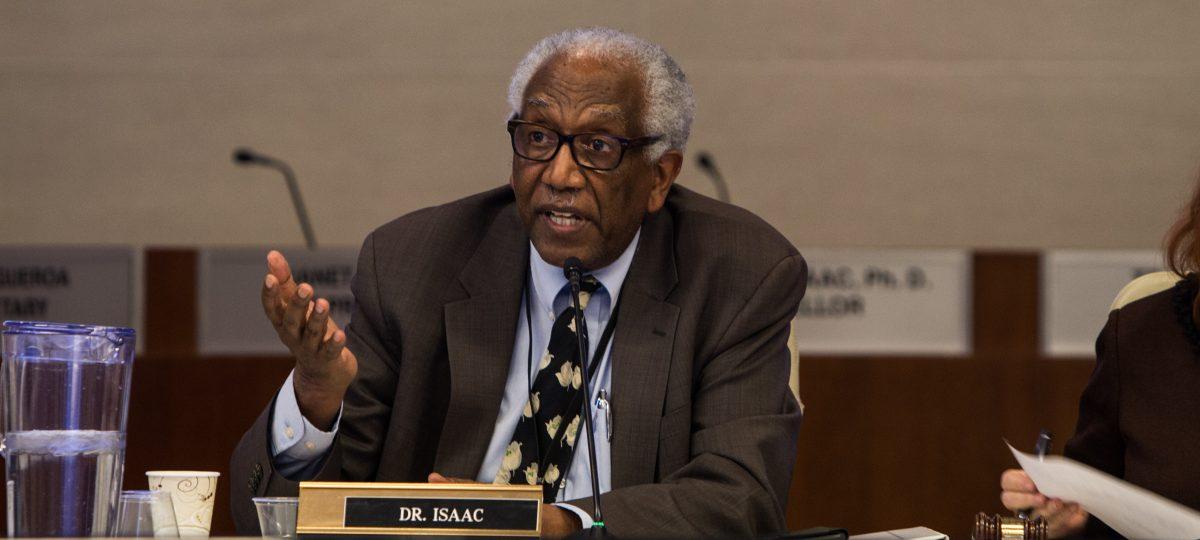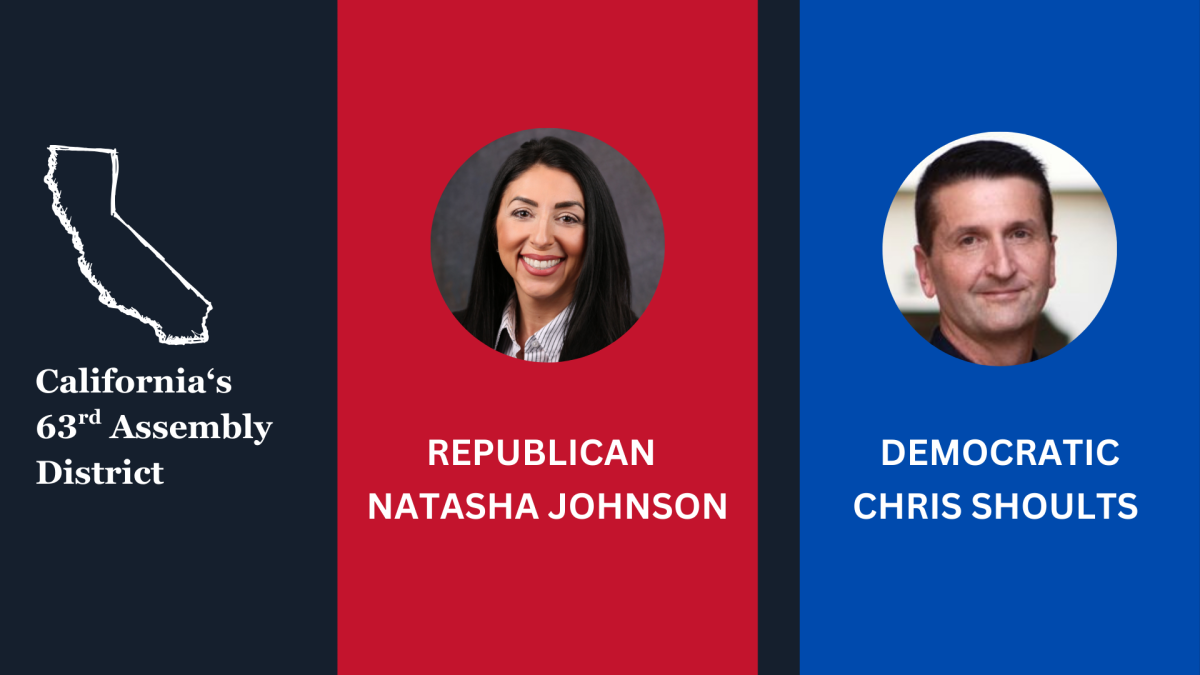California is making a historic move to promote equity in higher education, as Governor Gavin Newsom has signed a law banning legacy admissions at public and private higher institutions across the state. The law, Assembly Bill 1780, will go into effect on Sept. 1.
The bill will eliminate the practice of giving admission advantages to children of alumni or big donors, which has been criticized for giving wealthier well-connected families an unfair edge when it comes to getting into college.
“In California, everyone should be able to get ahead through merit, skill and hard work,” Newsom said in a statement on his website. “The California Dream shouldn’t be accessible to just a lucky few, which is why we’re opening the door to higher education wide enough for everyone, fairly.”
For colleges that regularly admit a significant number of legacy students, the enactment of AB 1780 signifies an important shift. Public institutions like the University of California eliminated legacy preferences decades ago, but this new law now requires private institutions to do the same.
The move comes as people are paying more attention to how colleges admit their students. In the aftermath of the 2019 “Varsity Blues” scandal, which revealed the degree to which affluent families exploited money and connections to gain college admissions for their children, college admissions practices such as legacy admission have come under growing scrutiny.
With this change, California has joined Colorado and Virginia in implementing laws that seek to make admissions more equal. When the Supreme Court of the United States decided against affirmative action, this trend picked up speed and intensified scrutiny of other admissions practices perceived as unfair.
Increased transparency requirements, such as disclosing comprehensive demographic information on their accepted students, such as race, income and sports involvement, would be imposed on institutions found to be in violation of the ban. The law increases public accountability by listing offenders on the California Department of Justice’s website, even though there are no monetary consequences for non-compliance.
There is pressure on universities to comply with these new requirements, even if AB 1780 contains a possible loophole that would allow private institutions to opt out of engaging in state-funded programs like Cal Grant to preserve their traditional preferences. Nonetheless, as California is battling for fairness and merit-based admissions, this measure marks a new chapter in its attempts to change higher education.







